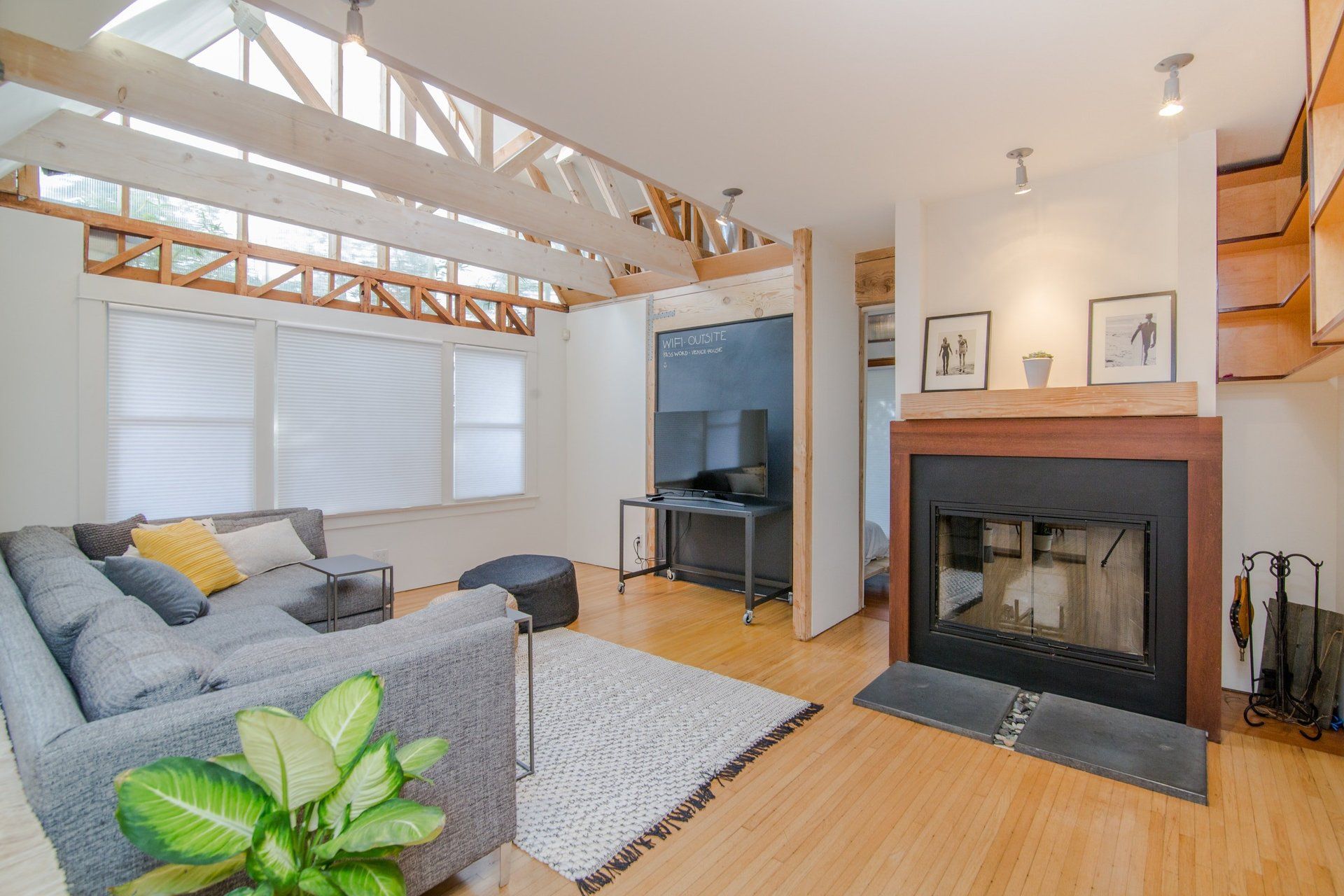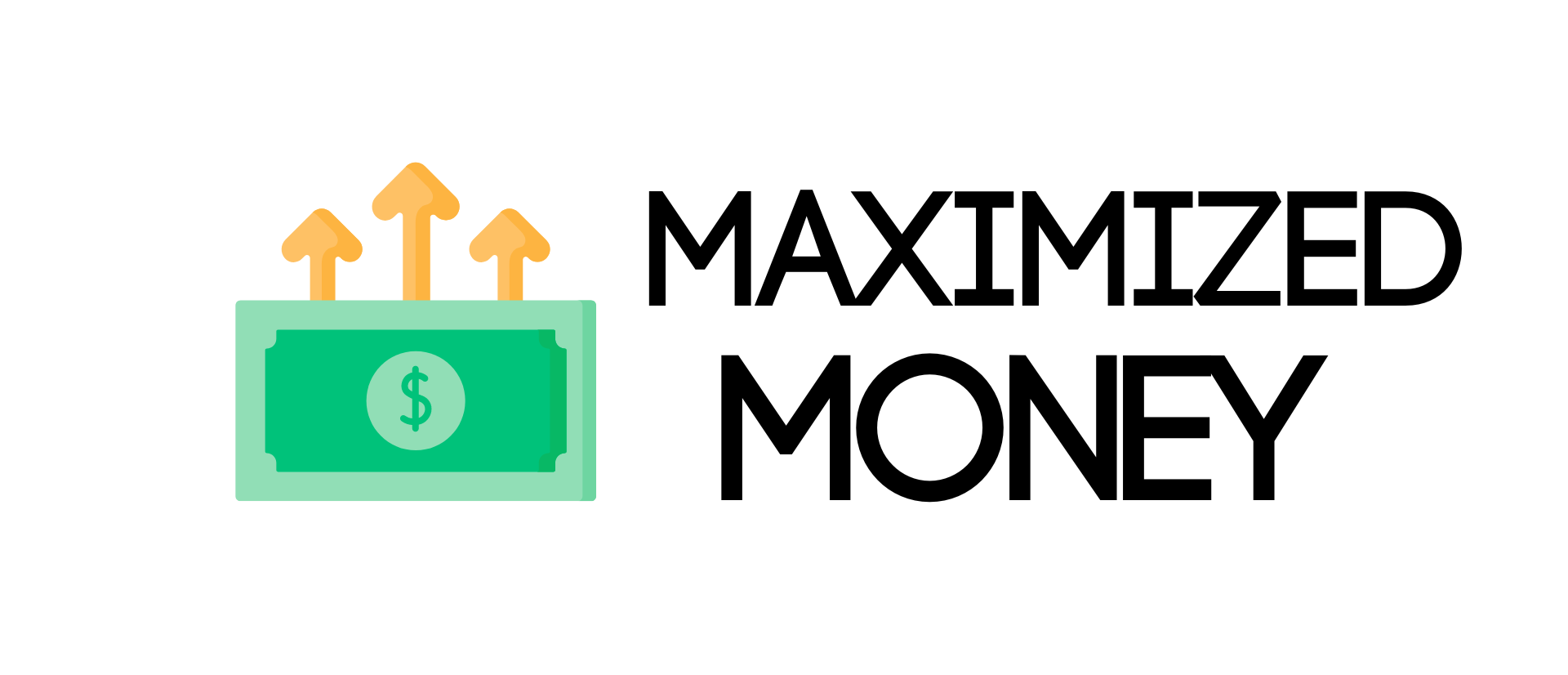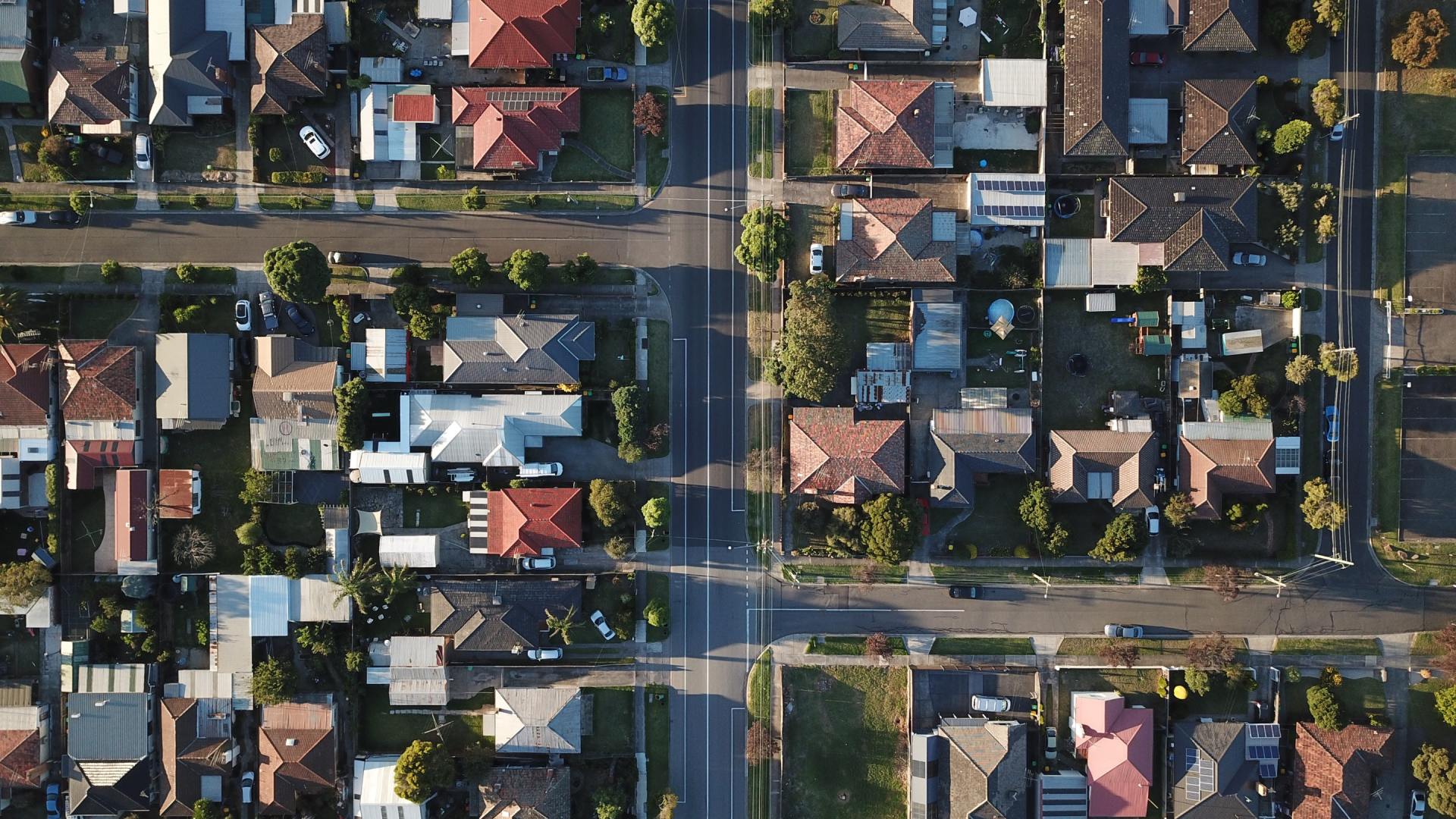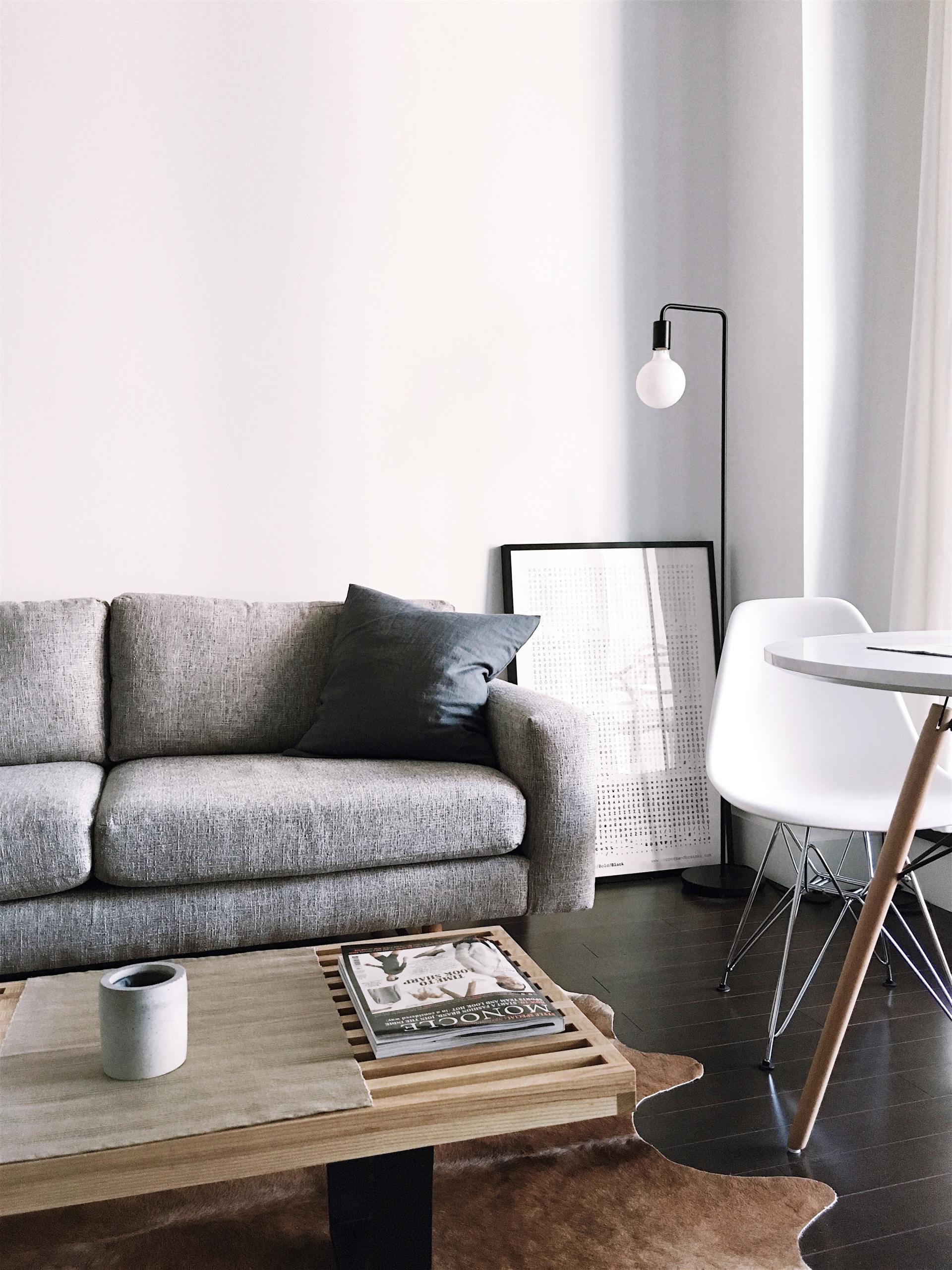5 Money Moves To Make Before You Purchase A Home
Jos Ross • July 21, 2020
5 Money Moves To Make Before You Purchase A Home

Slide title
Write your caption hereButton
Purchasing a home is not something you can just wake up and decide on. It takes strategy, mentally and financially.
If you haven't heard my story on episode 2, definitely take a listen so you can learn more about my experience and avoid the mistakes I did.
However, that experience also taught me the importance of preparing financially for homebuying success. Now I can confidently share these same tips with you.
Below are 5 Money Moves I Made Before Purchasing That I Recommend You Do As Well:
1. Invest in the stock market
This is where most people say: I am not an investment advisor. So here it is. I am not an investment advisor. I can only recommend what i've done and that's simply get started. I spent years trying to research every little thing when it comes to investing until I just decided to start small. My first step was to find an online brokerage account. I settled on M1 Finance and I still use it to this day.
A few of the benefits to M1 Finance include fractional shares (meaning you can purchase a portion), trading, joint accounts, retirement-based investments (Roth, Traditional, SEP IRA) and most importantly, expert portfolios. This means that you can see other portfolios that people have created based and copy what's relevant based on your goals.
If you want to see what's in my portfolio, check it out here.
For those that want to minimize risks, I recommend ETFs (exchange-traded funds), which is where you can invest in more than one stock at a time. Most of my portfolio is representative of this.
If you're ready to get started and need an incentive, use my code here
to sign up and get $10.00 deposited into your account for investment purposes.
BONUS:
Did you know that real estate investment trusts (REITs) are required to pay 90% of its income to investors (i.e. me and hopefully you)? There's no minimum credit score, no large downpayment and no headaches. Get started today with my recommended platform
and my eBook.
When you sign up with my code, you'll receive 3 months of zero advisory fees, which means more money is staying in your pocket.
2. Open a high-yield savings account
When was the last time you logged in to your bank account to check your interest rate? Well, I can save you time and let you know that it's less than 1%. That's where high-yield savings accounts shine.
These accounts work very similar to your traditional savings account.The main difference is the interest rate and maturity.
For example, the interest rates on most high-yield savings accounts that I know of are at least 1% -- which means that while your money is sitting in the account, it's making money for you. If you deposit $500 into a HYSA with an interest rate of 1.05% for a 12 month term, you could earn $58 in interest if that interest rate remains the same.
A few that I recommend are Ally and Marcus for research purposes.
This is a great option for those that want to save money for that big home purchase, just like I am doing for my multi-unit home.
3. Create a new income stream
The one thing I learned while shopping for my first home, is that I grossly underestimated how much I would spend before I even submit the official offer on a home.
Money is needed, trust me and now that most of us are at home, it's time to get creative with how we are generating income. A few of my new streams have included securing affiliate partnerships for my podcast, selling my eBook on REITs (real estate investment trusts)
and the launch of Homebuyer Prep School.
If you're looking for more ideas, check this list
out.
4. Pay off some or all of your debt
Your debt will impact your homebuying process. The question is, how much will it impact the process. When I was looking for my first home, my debt to income ratio was over the preferred amount of 36%. This impacted me from qualifying for the best of the best.
This is what I want you to avoid. So use this calculator to calculate your debt to income ratio. If it's above 36%, then create a plan to pay down as much debt as needed to get to the preferred percentage.
5. Automate your savings
If saving money is a challenge for you, then it's time to get comfortable with it. Once you become a homeowner, there will be tons of new expenses that may come unexpected.
So in addition to HYSA's, I recommend automating your emergency savings to accounts like Qapital. One of my favorite benefits is their spending sweet spot. This feature helps create a budget for your weekly expenses, as well as providing insights into your spending patterns. They also have some other cool features that can help you save as you spend with their automation tools.
If you want $25 to start, use my code
to sign up and it'll be automatically deposited once your account is funded.
Bonus!
If you need a one stop shop to keep all of this information, I
recommend my friends Jazzy's Ultimate Budget Binder. I recently purchased it and it's page on pages of gems. A few include:
★ Setting and achieving financial goals
★ Creating a budget
★ Tracking your spending
★ Preparing for emergencies
★ Paying off debt and living financially free
Have you tried or utilized any of these tips? What was your experience? Comment below!
CONTACT ME
Thank you for contacting me!
I will get back to you as soon as possible.
Oops, there was an error sending your message.
Please try again later.
Please try again later.
Get one step closer to financial freedom!
Join the Maximized Money gang (MMG), where I regularly send tips, news, and lessons from my financial journey to your email.
Thank you!
You have successfully joined the MMG. It's lit! Check your email inbox.
Ps. Are we connected on social media?
Copyright © 2025 Maximized Money LLC.
🖤 SITE DESIGN BY ELEVAT8 DIGITAL, LLC
🖤










